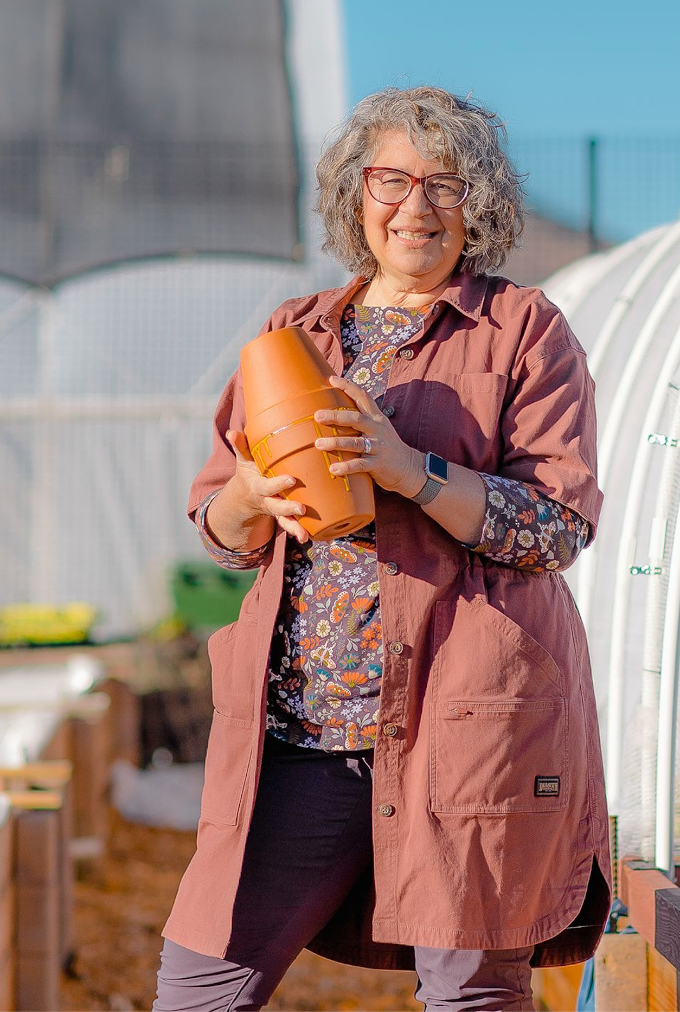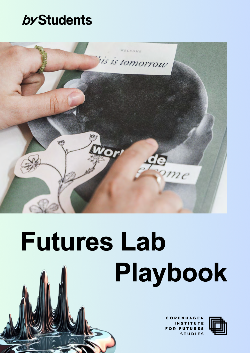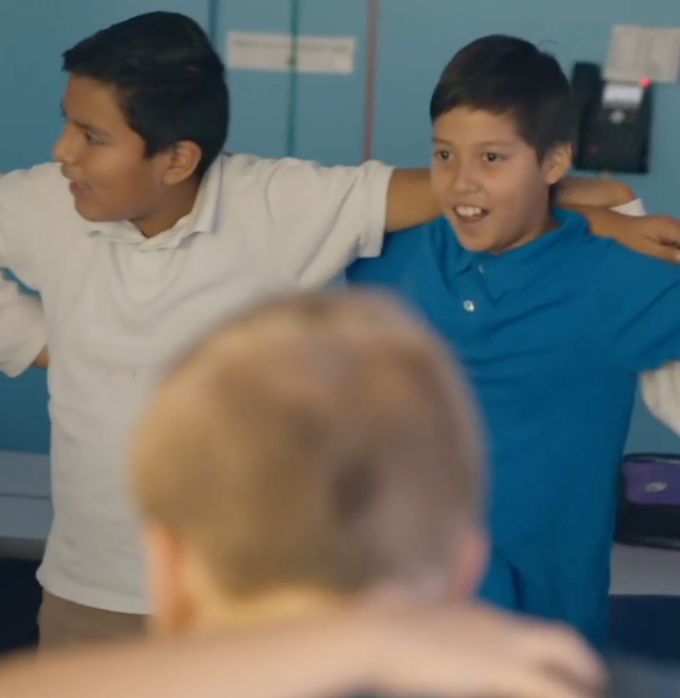July 11, 2025
Teaching
Education as a force for societal and ecological transformation

Ida Rose Florez believes that education should nurture belonging, purpose, creativity, and ecological responsibility—not coercion or competition. Regenerative learning, she says, connects with innate human longings for community, meaning, and stewardship.
Ida Rose Florez has a longing: she wants everyone to have access to community-connected, ecologically aware, and joy-filled learning. And she is critical of what most people experience instead—educational systems rooted in complicated, reductionist, machine-based thinking.
Florez argues that this dominant approach is fundamentally flawed because it misunderstands the true nature of both learning and life, which are inherently complex, nonlinear, and interconnected. She contrasts mechanistic thinking—where problems are broken down and addressed in isolation, like assembling parts of a machine—with systems thinking, which recognizes the emergent, dynamic, and unpredictable nature of real learning and human development.
Her book, The End of Education as We Know It: Regenerative Learning for Complex Times, calls for a profound shift: away from industrial-era models toward regenerative, systems-based thinking that honors the complexity of education and the world. She sees this shift as essential to building schools that cultivate adaptability, empathy, and sustainability—not simply compliant workers for an extractive economy.
Florez emphasizes that schools play a central role in shaping cultural norms and personal identity. She believes we’re missing a vital opportunity to instill values that support ecological balance and community well-being—not just economic achievement. Her book offers a hands-on roadmap for designing schools that prepare students to thrive in an interconnected world.
BOOK: The End of Education as We Know It: Regenerative Learning for Complex Times




